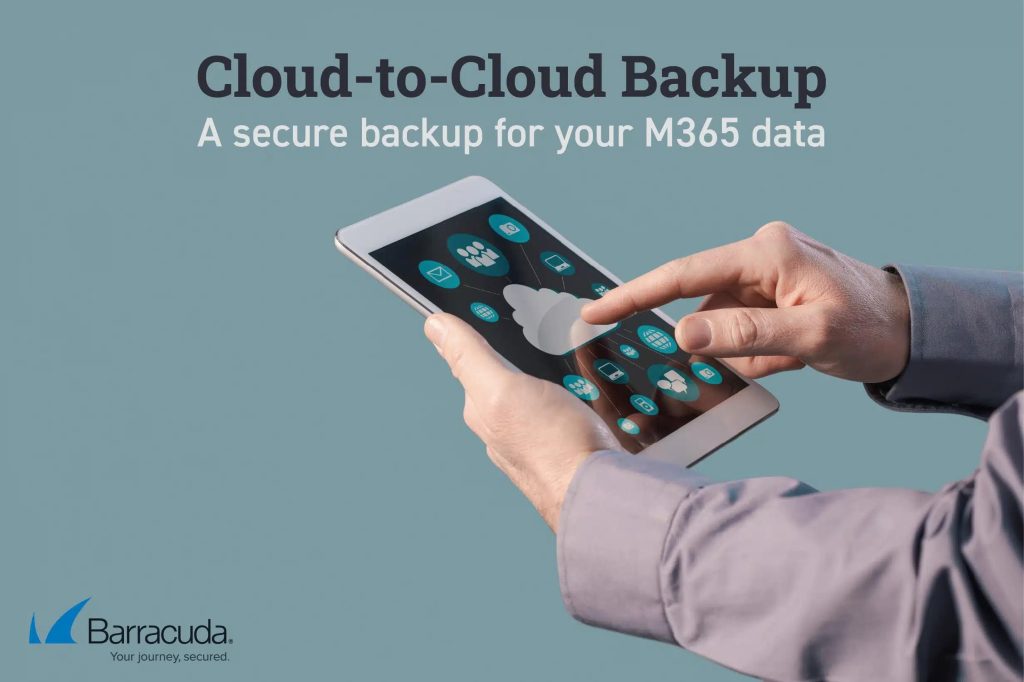Microsoft’s New M365 Backup Service: A Paradigm Shift in Data Protection
For years, Microsoft has been a proponent of utilising third-party services for backing up critical data such as emails, OneDrive files, and SharePoint documents. Despite the robust security and redundancy measures built into Microsoft 365 (M365), the inherent risks of data loss due to ransomware attacks or other unforeseen events have made third-party backups an essential part of a comprehensive data protection strategy. However, the landscape of data protection within the M365 ecosystem is poised to change with the introduction of Microsoft’s own M365 Backup service. Understanding the Need for Backups in the Cloud Microsoft 365, as an Infrastructure as a Service (IaaS) provider, offers a highly reliable platform for businesses to store and manage their data. However, the shared responsibility model in cloud computing delineates the boundaries of security obligations between the cloud provider and the customer. Microsoft ensures the availability and security of the infrastructure, but customers are responsible for their data. This distinction becomes crucial in scenarios such as ransomware attacks, accidental deletions, or other data corruption events. If data becomes encrypted or otherwise compromised, Microsoft does not retain a copy for disaster recovery purposes. Hence, the need for a reliable backup solution is undeniable. Microsoft’s Historical Stance on Third-Party Backup Solutions Historically, Microsoft has encouraged users to employ third-party backup services to mitigate these risks. Solutions from providers like Veeam, Barracuda, and Acronis have been popular choices, offering robust, dedicated backup and recovery capabilities tailored to M365 environments. These services have bridged the gap left by the native data retention features in M365, providing businesses with the confidence that their data can be restored in the event of a disaster. All our Managed it clients use one of these services to ensure the integrity of the data. The Advent of Microsoft’s M365 Backup Service With the launch of the M365 Backup service, Microsoft is entering the backup and recovery arena, offering an integrated solution designed to meet the specific needs of M365 users. This service promises to streamline data protection by leveraging the deep integration within the Microsoft ecosystem, providing several key benefits: Implications for Businesses The introduction of Microsoft’s M365 Backup service represents a significant shift in the data protection landscape. For businesses currently relying on third-party solutions, several considerations will come into play: Microsoft’s foray into providing a native M365 Backup service marks a notable evolution in its approach to data protection. By offering a built-in solution, Microsoft aims to simplify and enhance the way businesses safeguard their critical data within the M365 environment. While third-party solutions have been and will continue to be valuable, this new service provides an alternative that leverages the strengths of Microsoft’s integrated ecosystem. As businesses navigate this new option, they will need to weigh the benefits and align their strategies to ensure comprehensive data protection in an increasingly complex digital world.










